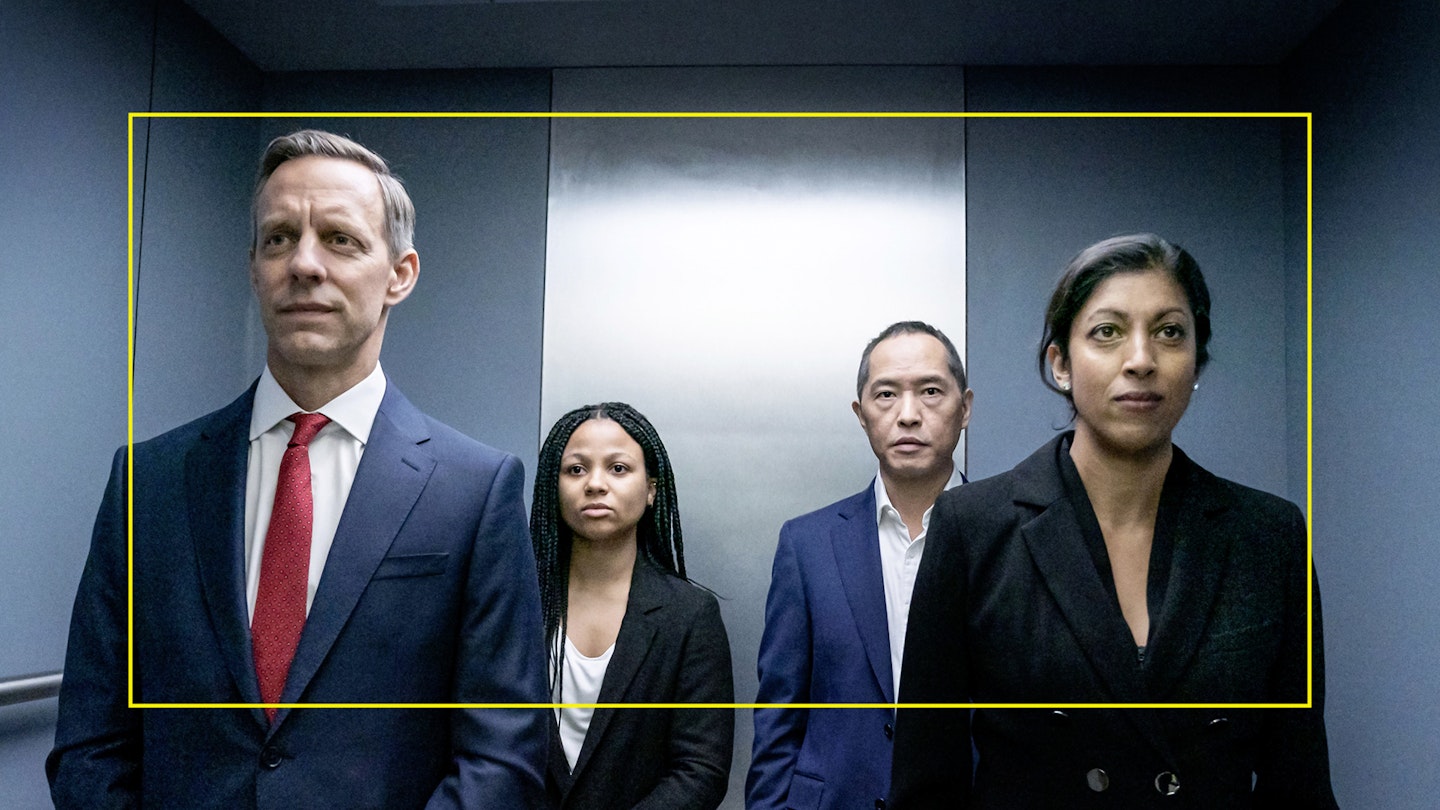My idea of a woman who has an unhealthy relationship with her job used to be Phoebe Buffay in the Friends episode ‘The One That Could Have Been’. In an alternate universe, Phoebe works in finance, wears business suits, carries a briefcase and – despite having a heart attack from stress – continues to work and smoke in the hospital. In my head, that’s what an unhealthy work-life balance looks like – something absurd enough that it could be a punchline in a sitcom.
Until recently, I never thought that, in reality, a woman with a toxic relationship with her career could look like me – not a pantsuit, cigarette or briefcase in sight. Sure, I spent the summer of 2018 in and out of my doctor’s office with symptoms of stress, but it’s not like I was having a heart attack.
I thought, despite being in physical therapy to literally learn how to breathe properly, along with the constant dread I was feeling, I was just another ambitious-yet-exhausted woman in her thirties crying in the work loos. This was what career-minded Millennials did, right?
Work toxicity builds up over time and, somehow, becomes the norm for so many of us. In fact, it wasn’t until early 2019, when I lost my job as editor-in-chief at a women’s online magazine and suddenly found myself unemployed (and missing three months of my salary) that I forced myself to take a hard look at what my career was costing me. To be honest, I didn’t have much of a choice – it had become a must for the sake of not only my mental and physical health, but also for the health of my relationships.
It became crystal clear to me that from 2016 to 2019 I had been under an extreme amount of stress at work. I had somehow made my career the centre of my universe. Everything orbited around my job – time with my husband, time with our dog, our holidays, our days off; everything. Which wouldn’t have been so bad if I actually enjoyed what I was doing and it gave me energy and joy, rather than depleting every ounce of it.
Somewhere along the way, my identity and my sense of ‘being good’ got caught up in my job title and salary. I don’t know when it happened, but I lost my voice – I stopped asking questions or standing up for myself. I just did what I was told. I would put in 150% and then be rewarded with a promotion or a pay rise, and that would somehow feel like enough, even when my mental health was hanging on by a thread.
But stripped of my salary, job title and that overpowering pull on my sense of self I was able to breathe again – even if I was crying at the same time. I started to listen to my own desires and intuition for once and, interestingly, it did not encourage me to go and apply for a new job, or to entertain the opportunities that had come my way. Instead, I realised I couldn’t emotionally or physically handle full-time employment in a role at this point in time... if ever again.
I also knew that, in my career, I hadn’t actually been doing the things that I wanted to do; I had put those off. Being a good manager or having a, er, ‘particular set of skills’ that make you hireable in certain roles and salary brackets doesn’t mean you enjoy it. Or that it makes your heart sing. Things like freelance writing, launching a podcast and writing a book were all very much at the heart of what I wanted for myself, but I’d been too afraid to do any of it.
Not from lack of ambition, but because I was afraid of the risk – both financial and to the sense of self I had built up with my career. How would I feel without a job title, an incompetent manager to blame for my bad days or small career wins to give my ego a boost? What would I do with the hours I wasn’t commuting, standing at Waterloo waiting for a delayed train, or waiting in the lunch queue at Pret? Would anyone even give a crap if I wanted to write a book?
In the end, my health and personal desires won out, and I learned to sit with the risk, the discomfort and the uncertainty of changing careers. With the help of my incredibly supportive partner and the trusty ear of my therapist, I learned that investing in myself and building up the career I wanted for myself was more important than investing in another company’s share price or annual earnings. Slowly, my career’s gravitational pull shrunk and I began to orbit around the things I truly care about the most – my relationships, my dog, being creative and writing.
Letting go of the toxic relationship I had with my career wasn’t straightforward – and it also hasn’t completely disappeared. These things take time to unpick and unlearn, but ultimately I’ve discovered that despite the pull to overstretch and overcommit myself to please a client or management figure, it’s not worth the cost to my stress and energy levels. Of course, with work, we will always have to do things we don’t necessarily want to do. But the key to all of this is being able to feel when the orbit of your personal universe starts shifting in the wrong direction, you can quickly pull it back on course.
‘How To Work Without Losing Your Mind: A Realistic Guide To The Modern Hell Of Work’ by Cate Sevilla is out 14 January (Penguin Business)
